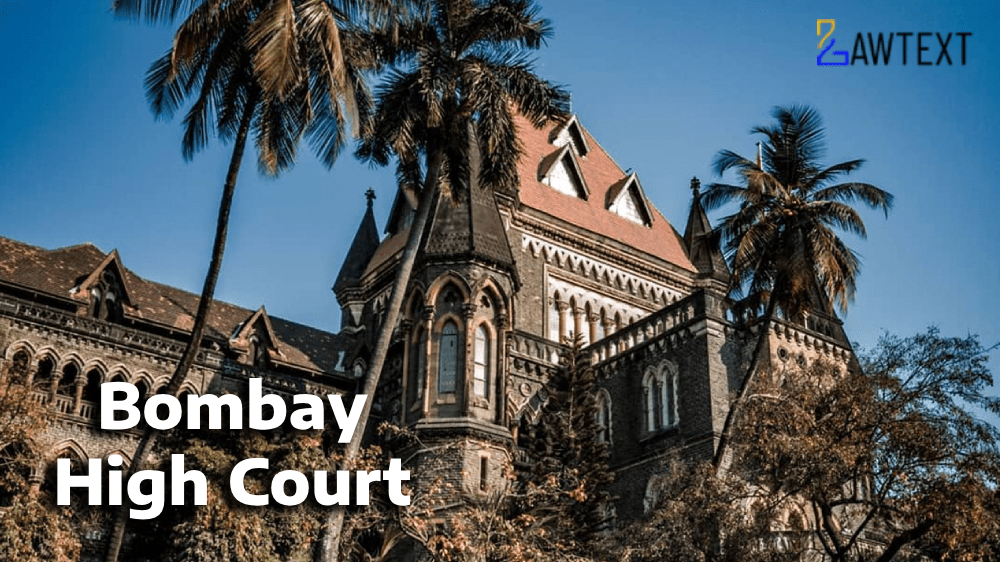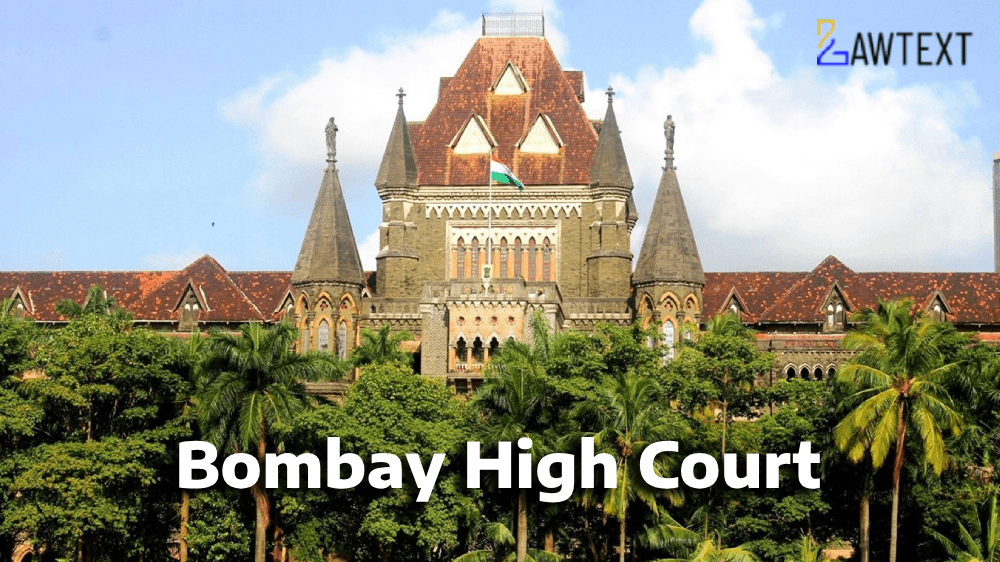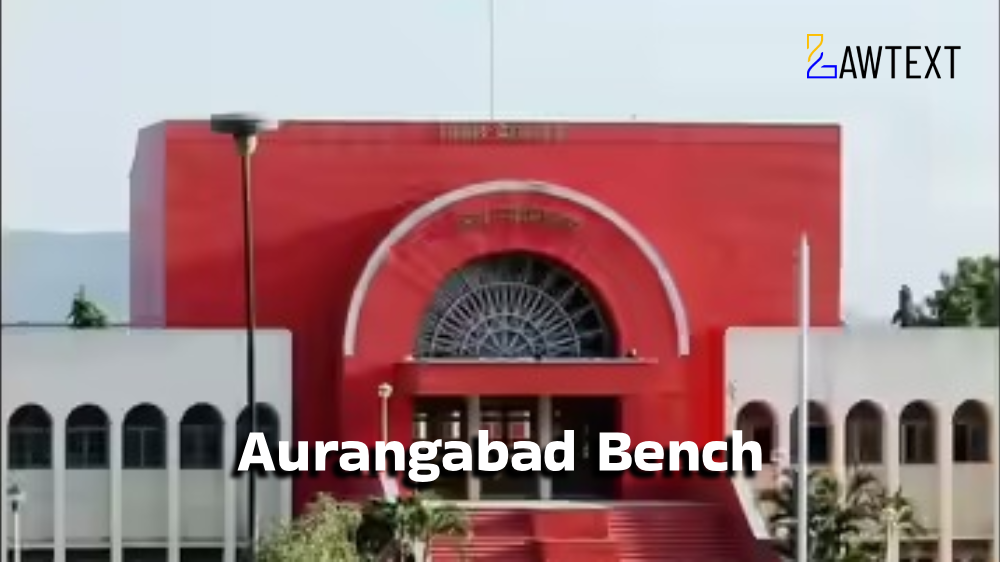Case Note & Summary
The importance of corroborating evidence in proving offences under Sections 7 and 13(1)(d) of the Prevention of Corruption Act.
Nagpur Bench, issues a judgment on a criminal appeal where the State of Maharashtra challenged the acquittal of Baliram Bhute in a corruption case. The document emphasizes the significance of obtaining proper sanction before prosecuting a public servant and stresses the need for corroborative evidence to prove guilt in corruption cases. Legal precedents and the importance of fair decision-making by the sanctioning authority are discussed, along with the presumption of innocence in appeals against acquittal. The judgment also highlights that mere recovery of currency notes may not suffice as proof of an offense, and accomplice testimonies require corroboration to establish guilt. Ultimately, after thorough analysis of evidence and legal aspects, the appeal is dismissed, affirming the legal and correct nature of the judgment.
Subject: Corruption, Acquittal, Public Servant, Appeal Dismissed
Pages 1—11: Corruption appeal analysis.The document is a judgment from the High Court of Judicature at Bombay, Nagpur Bench, regarding a criminal appeal. The appeal is made by the State of Maharashtra against the respondent, Baliram Bhute, who was acquitted of offenses under the Prevention of Corruption Act. The case involves an allegation of bribery where the accused, a Forest Guard, demanded money from the complainant in exchange for not taking action against him. The prosecution presented evidence including witnesses, panchanamas, and seizure memos to support their case. The judgment discusses the validity of the sanction for prosecution, the proof of demand and acceptance of bribe, and the observations made by the trial court. Both the State and the accused present arguments based on the evidence and legal precedents. The judgment notes discrepancies in the sanctioning authority's reasoning for granting the sanction, emphasizing the requirement for independent judgment in such decisions. The document provides a detailed analysis of the evidence and legal aspects of the case, highlighting the importance of procedural correctness in corruption cases.
Pages 12—22: Sanction for prosecutionThe section discusses the importance of obtaining sanction before launching a prosecution against a public servant as a safeguard against frivolous prosecutions. It highlights that the sanctioning authority must carefully consider all relevant facts, materials, and evidence before granting or refusing sanction, ensuring a fair and unbiased decision. The document also presents a legal perspective on appellate powers, emphasizing the presumption of innocence in favor of the accused in appeals against acquittal. Additionally, it discusses the need for proving demands and acceptance to establish guilt in corruption cases, and the importance of corroborative evidence to support prosecution's claims. The text references various legal cases to support the argument that the view taken by the trial court must be a possible view in order to overturn an acquittal.
Pages 23—24: Insufficient evidence displayedThe section discusses a judgment in a court case where the recovery of currency notes from the accused was not enough to prove the offense. It mentions that the complainant cannot be considered better than an accomplice and corroboration connecting the accused to the crime is necessary. The document concludes by stating that after reviewing the evidence, the judgment appears legal and correct, therefore the appeal is dismissed.
Issue of Consideration: State of Maharashtra, through Anti Corruption Bureau, Bhandara,District Bhandara. VERSUS Baliram s/o Vithoba Bhute
Premium Content
The Issue of Consideration is only available to subscribed members.
Subscribe Now to access critical case issues








